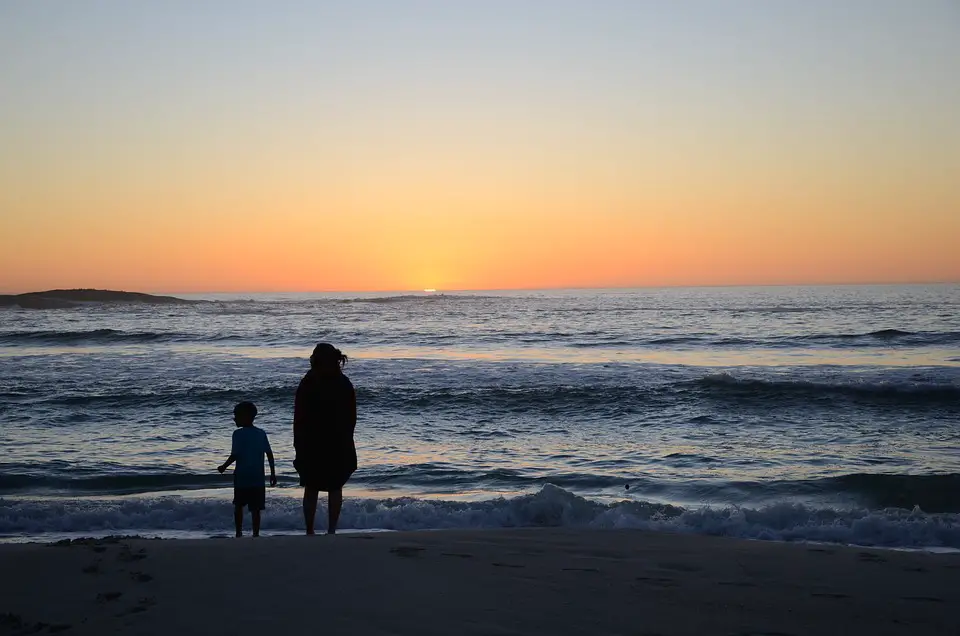Table of Contents
Introduction
When it comes to camping in cold weather, proper preparation and strategic planning can make all the difference.
Cold weather camping can be challenging, but with the right strategies and tips, you can not only survive but also thrive in harsh conditions.
This article aims to provide you with valuable insights and advice to ensure a safe and enjoyable cold weather camping experience.
Preparing Your Gear
Before embarking on a cold weather camping trip, it is crucial to ensure that your gear is suitable for the extreme conditions you will encounter.
Here are some tips to help you prepare your gear:
- Invest in a high-quality sleeping bag: Look for a sleeping bag that is specifically designed for cold weather. Insulation, material, and temperature ratings are essential factors to consider.
- Layer your clothing: Dressing in layers helps trap body heat and provides versatility in regulating your body temperature. Start with a moisture-wicking base layer, add insulating layers, and finish with a waterproof and windproof outer layer.
- Ensure proper insulation for your tent: A four-season tent is recommended for cold weather camping, as it offers better insulation than a regular tent. Additionally, use a groundsheet or insulated sleeping pad to prevent the cold from seeping in from the ground.
- Pack hand and foot warmers: Keep hand and foot warmers in your gear bag as a backup warmth source. They can provide instant heat to help warm up cold extremities.
Maintaining Body Heat
Retaining body heat is crucial for surviving in cold weather conditions. Here are some strategies to help you maintain body heat:
- Stay hydrated and well-fed: Proper nourishment and hydration are essential for generating and maintaining body heat. Pack high-calorie, easy-to-digest foods and drink warm liquids regularly to keep your body fueled.
- Protect your extremities: Your hands, feet, and head are vulnerable to heat loss. Wear insulated gloves, thick socks, and a warm hat or balaclava to prevent heat from escaping.
- Keep body contact areas warm: Insulate yourself from the cold ground by using a closed-cell foam pad beneath your sleeping bag. It will act as an additional barrier to help prevent heat loss.
- Hot water bottles: Fill a leak-proof water bottle with hot water before going to bed. Place it at your feet or near your body to provide localized warmth during the night.
Fire Building and Heat Sources
Having a reliable heat source is essential during cold weather camping. Here are some tips for fire building and other heat sources:
- Master fire building techniques: Learn how to build a fire in adverse weather conditions. Use dry tinder, kindling, and fuel wood to create a sustainable fire that will provide heat throughout the night.
- Carry a portable stove: In case fire building is challenging or prohibited, having a portable stove can be a lifesaver. Look for a stove that is suitable for cold weather and carry enough fuel for your entire trip.
- Be mindful of carbon monoxide: When using fuel-burning appliances or heating systems inside your tent or shelter, be cautious of carbon monoxide buildup, which can be deadly. Ensure proper ventilation to minimize the risk.
- Use hand and body warmers: Disposable hand and body warmers can be used to provide additional heat when needed. Activate them and place them inside your clothing or sleeping bag for extra warmth.
FAQs
1. How do I stay warm when camping in cold weather?
Staying warm in cold weather camping involves proper preparation and layering. Ensure you have suitable cold-weather gear, including a high-quality sleeping bag and insulated clothing. Layer your clothing to trap heat, stay hydrated, and nourished, and create a reliable heat source.
2. Do I need a specific type of tent for cold weather camping?
A four-season tent is recommended for cold weather camping as it provides better insulation and protection against wind and snow. Regular tents may not withstand extreme cold temperatures and can compromise your safety and comfort.
3. How can I prevent hypothermia during cold weather camping?
To prevent hypothermia, it is crucial to maintain your body heat and avoid prolonged exposure to extreme cold. Wear appropriate clothing, layer effectively, stay dry, and be aware of the signs of hypothermia. Adequate hydration, nutrition, and having a reliable heat source are also essential.
4. Can I use a space heater or propane heater inside my tent?
Using space heaters or propane heaters inside tents is not recommended due to the risk of carbon monoxide poisoning and fire hazards. Instead, opt for safe alternatives like proper insulation, fire building, or portable stoves designed for cold weather.
5. Are there any specific safety precautions to consider for cold weather camping?
Yes, there are several safety precautions to follow during cold weather camping. These include informing others about your trip plans, carrying a first aid kit, checking weather forecasts, avoiding risky activities, and being aware of potential signs of frostbite and hypothermia.





